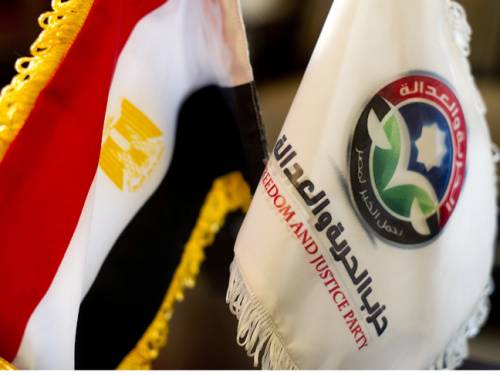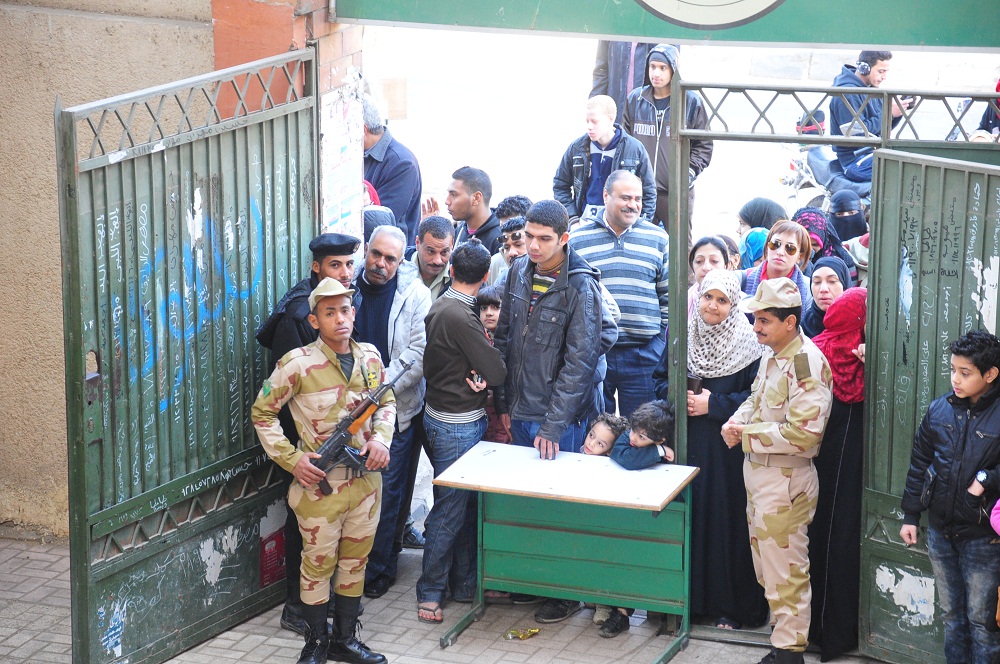Under the bright light of a perfect full moon, Cairo Opera House hosted an evening of Egyptian spiritual music last week, bringing together Sufi chanting and Coptic hymns, in addition to Egyptian and German music compositions.
This unique performance was the brainchild of Egyptian composer Basem Darwisch, the ambassador of Egyptian music in Germany. Darwisch collaborated with famous German pianist and composer Matthias Frey, the versatile German musician Budi Siebert, and the gifted Egyptian composer and qanoun player Hossam Shaker on a quest to explore the secrets of Egyptian spiritual music. Their search led them to uncovering the roots that connect Sufi-inshad and Christian hymns.
The musical journey that culminated in the Opera House performance was an attempt to seek the sacred roots of both types of music while reaching for the branches in contemporary spiritual music in Egypt. The concert featured the renowned Egyptian spiritual singers Sheikh Al Helbawi with his son Ali Al-Helbawi and Maher Fayez’s group Al-Karouz for Christian music.
The spiritual concert started with the powerful voice of Sheikh Mohamed Al-Helbawi, who delivered three Sufi chants. The purity of his inshad required no music accompaniment. His virtuoso performance set the energy for the rest of the evening in an ode to divine love.
The four musicians Frey, Siebert, Shaker, and Darwisch, presented “Alpha and Omega and “Music Siwa; two compositions that connects East and West, linking their varied music heritages and their research in spiritual music that spanned a number of cultures covering India, China and Mexico in addition to the European and Egyptian traditions.
Next on stage were Maher Fayez and Al Karouz Choir presenting “Before I Go to Pray and the crowd-pleaser “I Close the Windows. Many of the audience members joined in the chanting, creating a community feel that connected stage to auditorium.
After the intermission, there was a surprise appearance by Egyptian singer Ali El-Haggar. El-Haggar’s inimitable voice chanted just one word, “Allah. He joined the musicians in a medley of his well known song, “Where Did We Pray the Dawn, with solo improvisations showing the range of abilities of each of the accomplished musicians on stage.
The second set also presented Ali Al-Helbawi, Sheikh Mohamed Al-Helbawi’s son, representing the new generation of Sufi-inshad. The young Helbawi performed the heartwarming “Ya Rab and a chant to the Virgin Mary, creating more links between the constituencies of both religions.
Maher Fayez and Al Karouz Choir performed three more modern Coptic hymns. Though not offering much variety with lyrics not always fitting the music, their popular beats were embraced by the audience members.
The sole down side of the performance was the poor visuals. The stage was cluttered with badly executed cut-out geometric shapes behind the performers, golden dangling beads above them, and long strands of silver beads around them. The tacky decor crowded the space and added a makeshift, amateur feel to the performance.
This successful music event presented separate acts in succession: the inshad, followed by the new spiritual music compositions, followed by Coptic music. It raised an expectation of the magic that could have taken place if these performers were on stage at the same time.
This is not an unreachable dream; musicians around the world are working on such collaborations, across cultural and religious boundaries. In 2003 Syrian Sufi Shiekh Ahmad Al-Azrak presented an awe-inspiring performance in Toronto Music Festival where he collaborated with a Gregorian choir, mixing inshad with the hymns. The highlight of that performance was Al-Azrak performing a Gregorian chant to Arabic maqam music, truly embracing the two traditions to spawn a new hybrid genre.
Egyptian Spiritual Music was more than an evening of music and songs, it was a gathering of hearts and minds in search of what connects humans to what they deem sacred in themselves and the other. Those seeking a cure for the “clash of civilizations should look into music as a language that is able to transcend cultural differences and create human and divine connections


